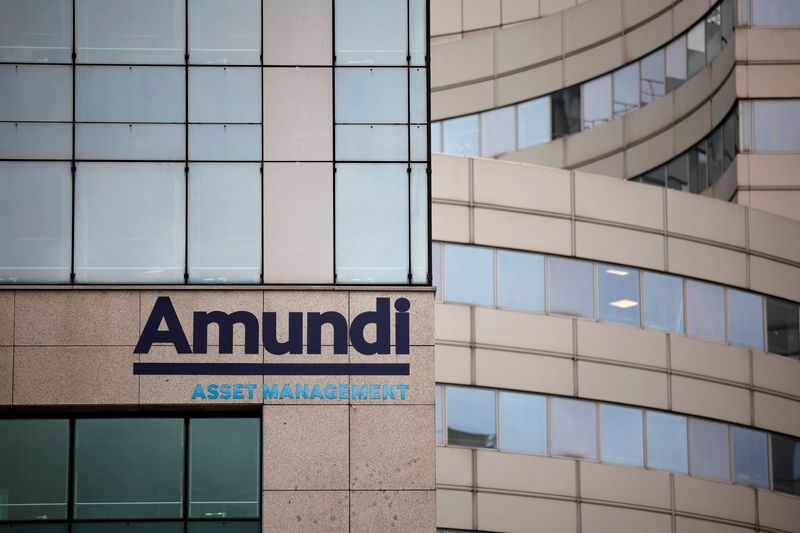Rich Smith, The Motley Fool
5 min read
In This Article:
-
The White House announced a 90-day pause on most of its new China tariffs.
-
Tariff rates on most Chinese goods will fall to 30%. Tariffs on exports to China will fall to 10%.
-
U.S. consumer goods retailers will benefit from the move, though it's unclear if the changes are temporary or permanent.
Monday dawned bright for investors after President Donald Trump announced over the weekend that the U.S. has struck a deal with China to dramatically -- if temporarily -- roll back some of the tidal wave of new tariffs that the two nations had imposed on each other over the past several weeks. The U.S. and China agreed to a 90-day pause on post-April 2 tariffs, which will reduce the tariff rate on imported Chinese goods to 30%, and on exported U.S. goods to 10%.
Major U.S. importers of China-made wares rejoiced, and shares of their stocks popped. As of 9:45 a.m. ET, hardware store chain Lowe's Companies is up 4.6%, tool-maker Stanley Black & Decker (NYSE: SWK) is up 14.6%, and department store chain Kohl's Corp. (NYSE: KSS) is a bit in between, up 12.4%.
Is it just me, or does every move in the stock market lately seem to depend on which way tariff rates are headed? (Hint: It's not just me.)
If you are trying to make heads or tails of the situation, here's another hint, courtesy of Treasury Secretary Scott Bessent. Explaining the decision to flip-flop on roughly four-fifths of the tariffs the administration put in place barely a month ago this morning, Bessent said that the big-picture goal of all this tariffs shuffling is "decoupling" the U.S. economy from China -- but only to an extent. "We do not want a generalized decoupling from China," said Bessent in an interview with CNBC. "What we do want is a decoupling for strategic necessities, which we were unable to obtain during COVID and we realized that efficient supply chains were not resilient supply chains."
It probably remains to be seen precisely which Chinese goods the U.S. will end up deeming "strategic" such that we want to ensure they're made in the USA, and not imported abroad. But cheap, labor-intensive everyday consumer goods such as you shop for every week from stores like Lowe's and Kohl's? Those seem to be fine, and the administration isn't going to shut off trade in those items entirely (as a 145% tariff rate would have ensured). Instead, a more moderate 30% rate will suffice.
Assuming I'm reading these tea leaves correctly, therefore, it would seem that investors over-read the risk of tariffs on low-tech imports remaining permanent, and perhaps sold off stocks dependent on such imports too much -- because they were never going to remain super-high permanently. This would therefore also suggest that investors' enthusiasm over today's news, for these three stocks at least, is justified.












